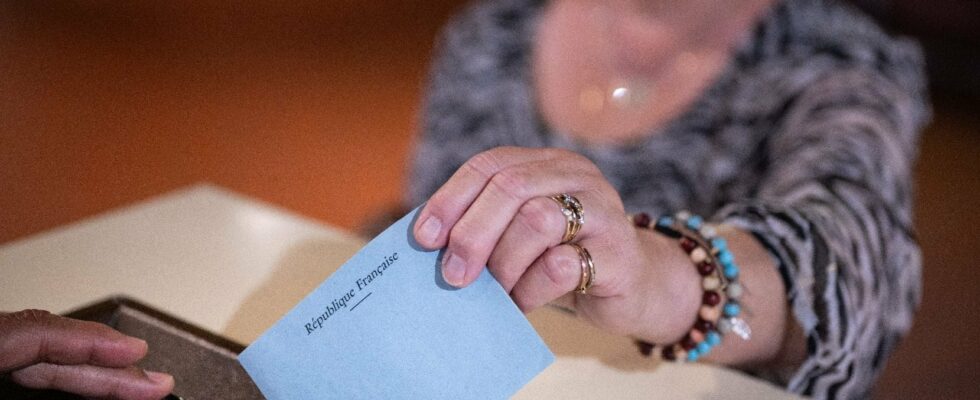With our habit of talking at length about unimportant subjects, we forget the real issues at stake. From our investments to be made in defense and artificial intelligence to the lamentable state of our universities, so many things have not been said during this pitiful legislative campaign. A subject, absolutely structuring for our societies, is not the subject of any serious political reflection: that of the aging of the population – the Anglo-Saxons speak ofaging, or advanced in age, which avoids the pejorative connotation linked to the noun “old”.
In 1950, the median age in France was 34.5 years. Today it is 42 years, with a much greater dispersion since life expectancy at birth increased between these two dates from 65 to 82 years. Now, more than 14 million of our fellow citizens are over 65 years old. Another crucial statistic when we think about the future of our country: by 2030, the 75-84 age group – 6 million people today – is the one whose numbers are expected to grow the most, by around 50%. This certain demographic evolution carries with it a triple challenge: financial, economic and political.
Pressure on our social systems
The financial challenge is obvious on paper, but political parties are clearly struggling to integrate it: a pay-as-you-go pension system is structurally insolvent when the ratio of the number of active people to the number of inactive people deteriorates, especially when the productivity of the economy declines, which is the case in France. The Pensions Advisory Council reiterated a few weeks ago that the 2023 reform did not balance the system because access to “long career” schemes was not strict enough. The fact that political parties were able to make the French believe that, under these conditions, it was possible to return to a legal age of 62, or even 60 for some people who started working early, shows how right the philosopher Clément Rosset was when he wrote that humans like to “get rid of reality”.
The subject of pension funds, which no one in France is talking about with the notable exception of David Lisnard, joined late by Edouard Philippe, should also be put on the table. All available studies show that health care costs increase with age. The pressure that the aging of the population is putting on our social systems at the same time as the French are asking their governments to fight against immigration unequivocally obliges us to work better and longer.
Reaching out to young people through other channels
A financial challenge, therefore, but also an economic one. How, in a company, can seniors coexist with young people who use ChatGPT almost as they breathe? The subject of the coexistence of generations, in a context of accelerating technologies and increasing average retirement age, would require managerial thinking that goes beyond organizing games of pétanque at the end of a company seminar. For manual trades, the question of health at work, and therefore of prevention, should become an obsession of the social partners. Here too, we are in an intellectual desert.
Democratic challenge, finally. We know that young people vote massively for the extremes of the political spectrum, namely for the RN and LFI. We must move up the age pyramid for the centrist vote to become more significant. This radicalization of young people is notably due to the modes of information by age group. The median age of daily television viewers in France is 55 and that of radio listeners is 54. That of readers of the written press is around 50.
Addressing young people today, particularly to talk to them about politics, means reaching out to them on social media – something the RN and LFI have perfectly understood – or at the exit of high schools – the parties of the extreme left are masters in this area. There is an urgent need to develop journalistic, intellectual and political content aimed at the youngest. Of course, there are fewer and fewer of them. But they will be the members of the France of tomorrow.
